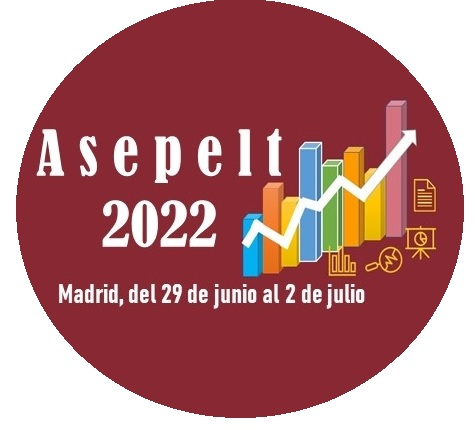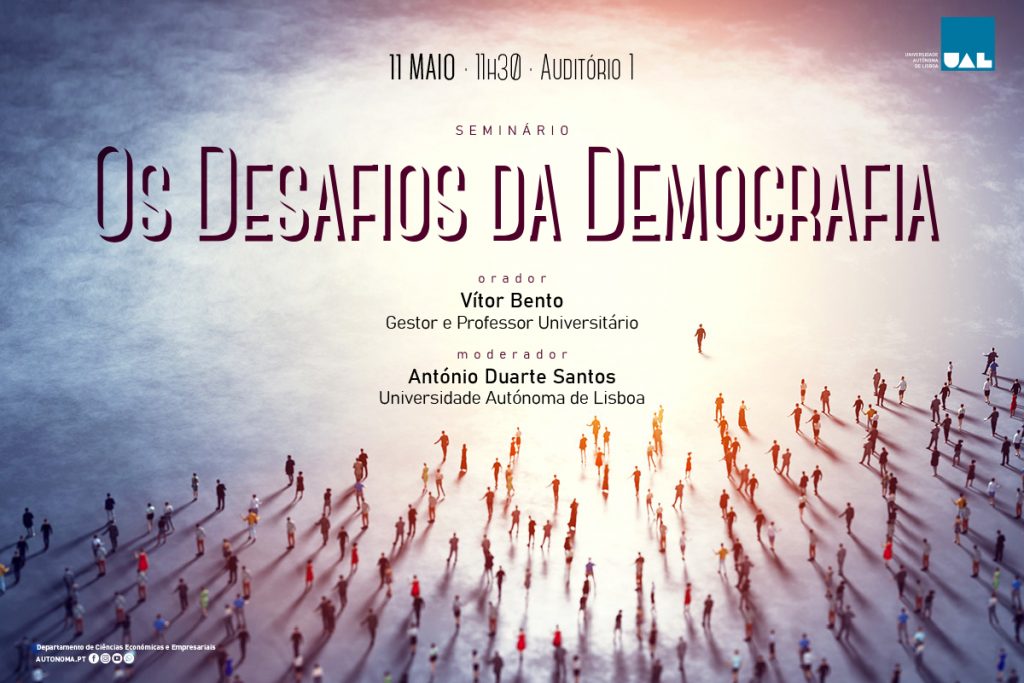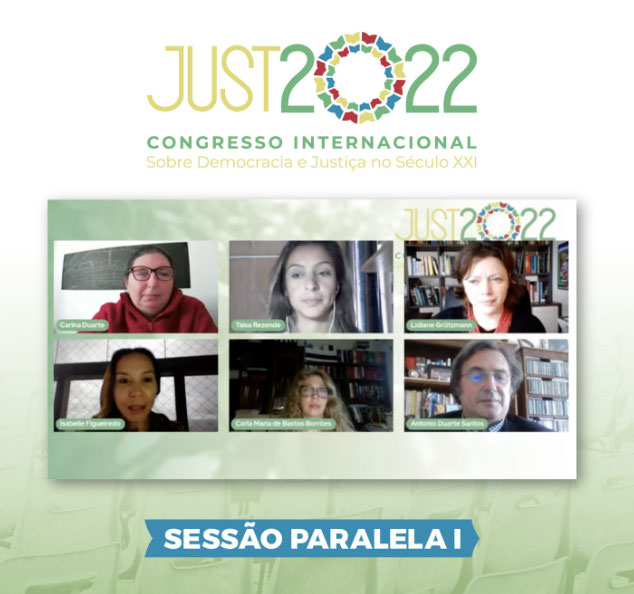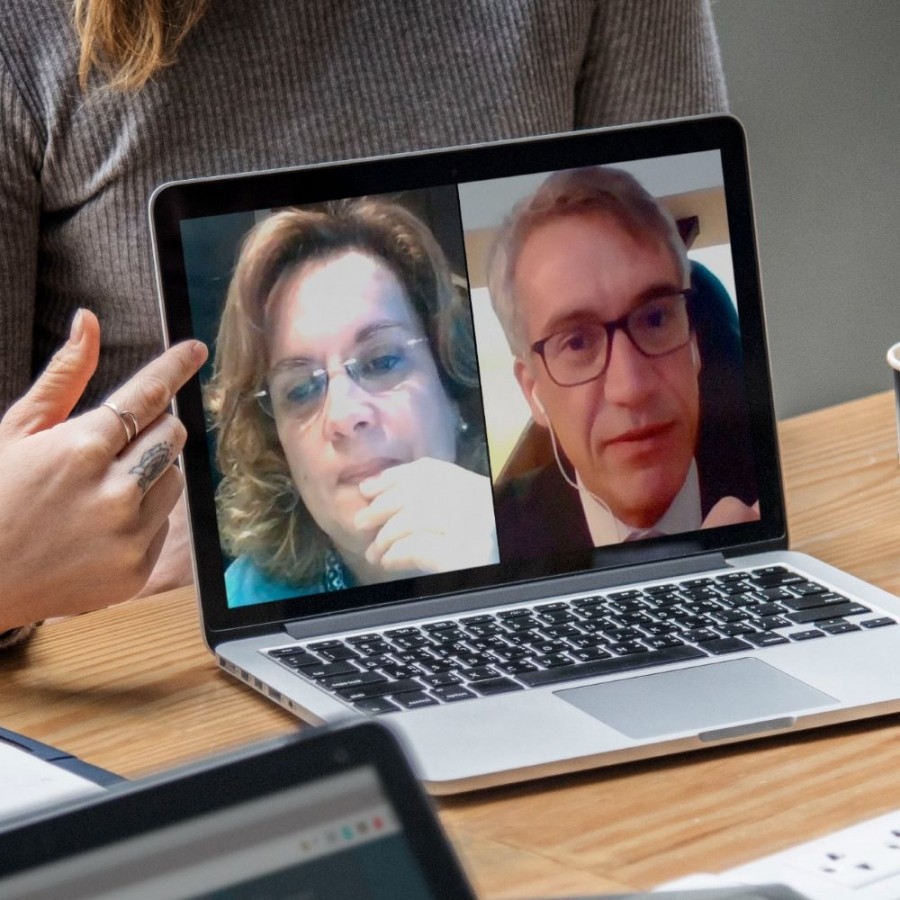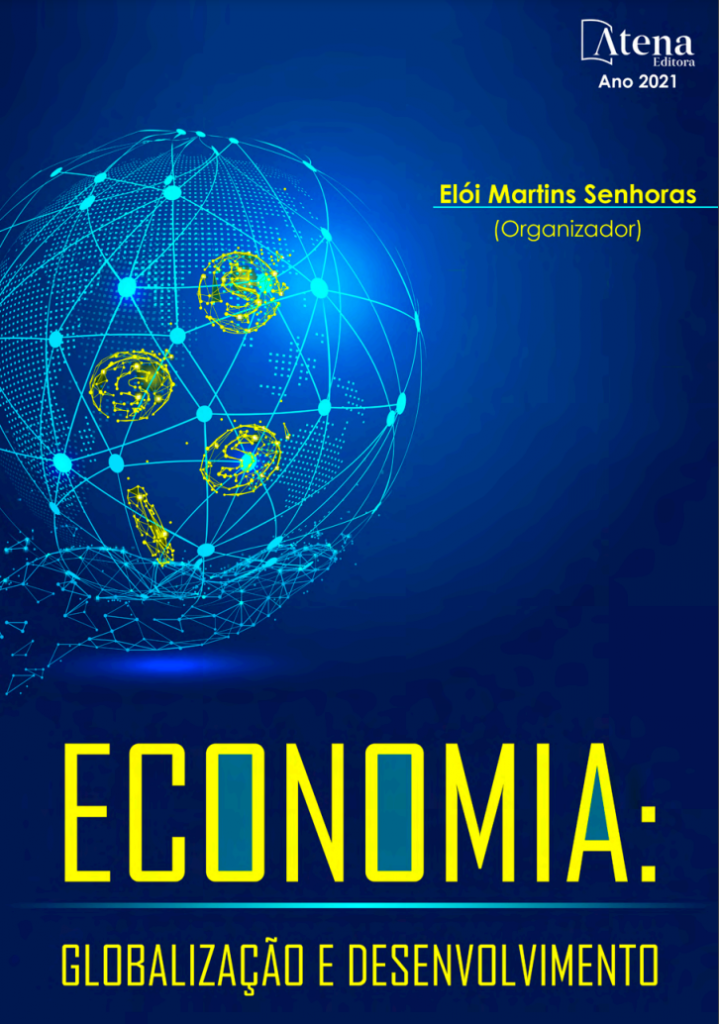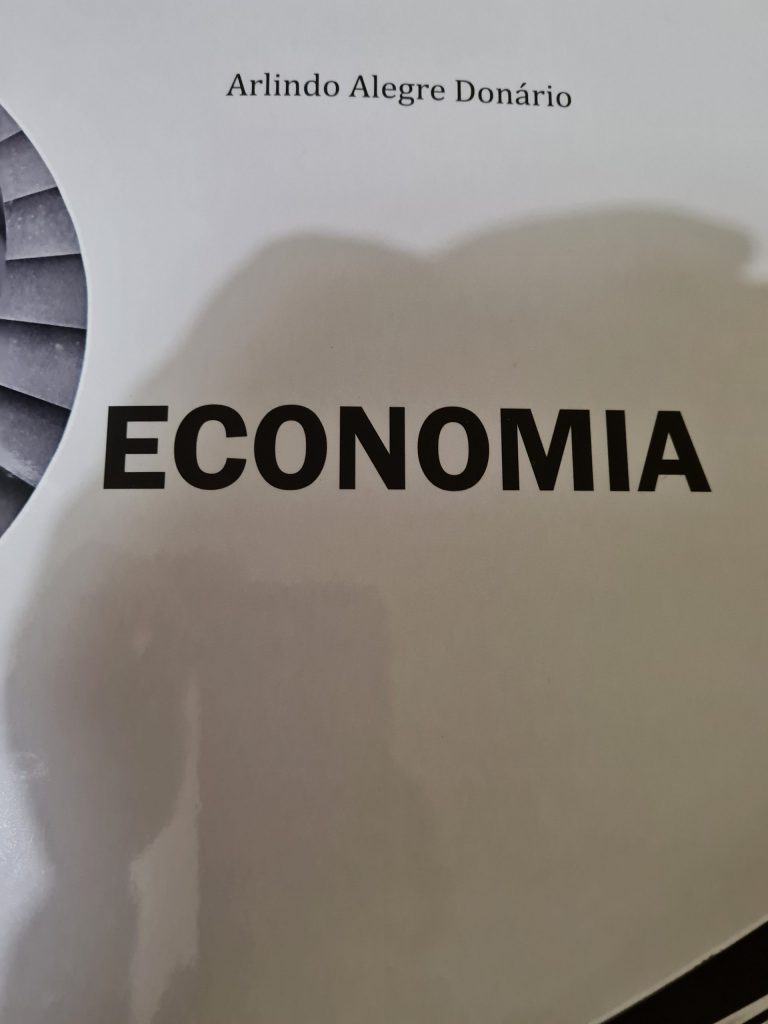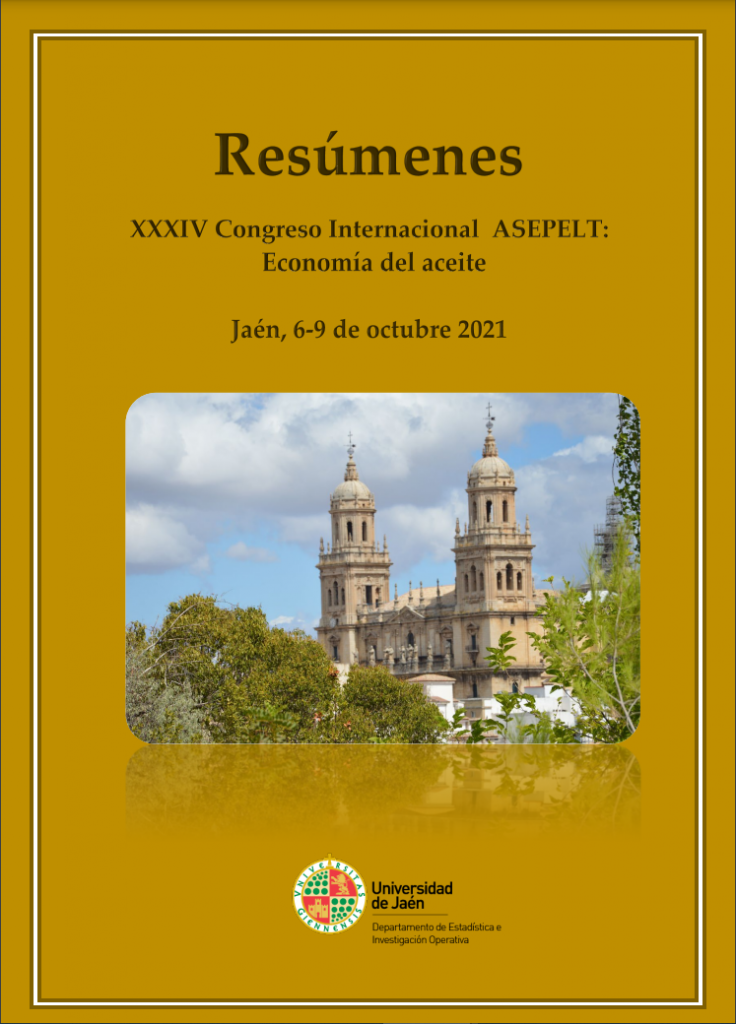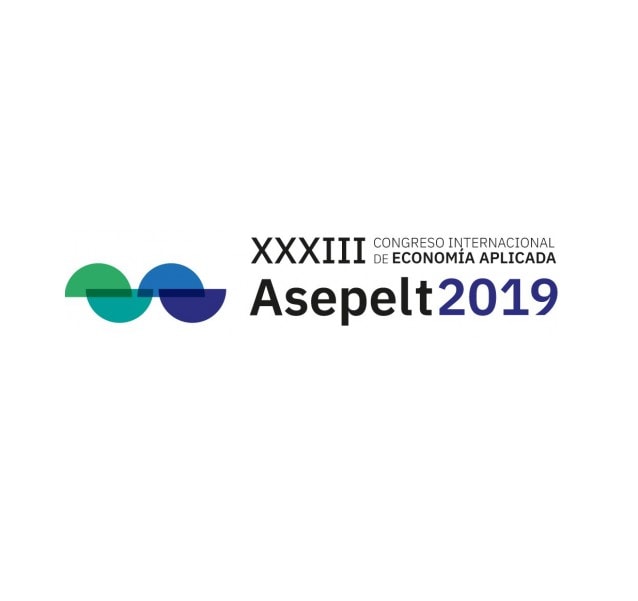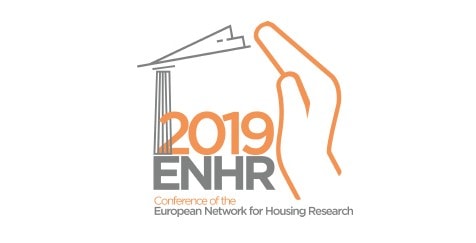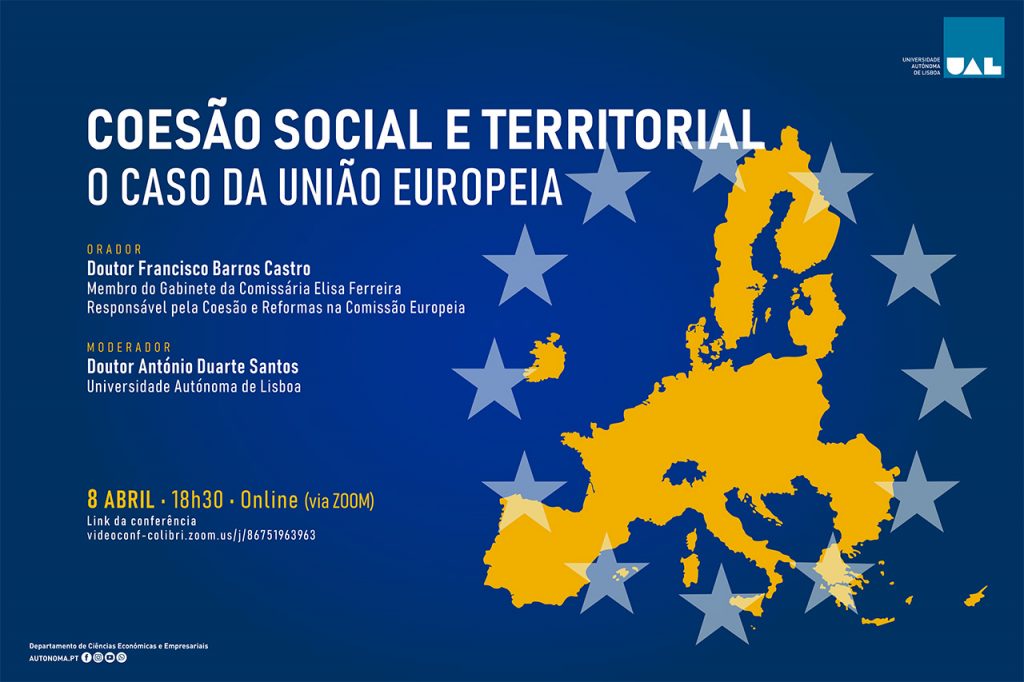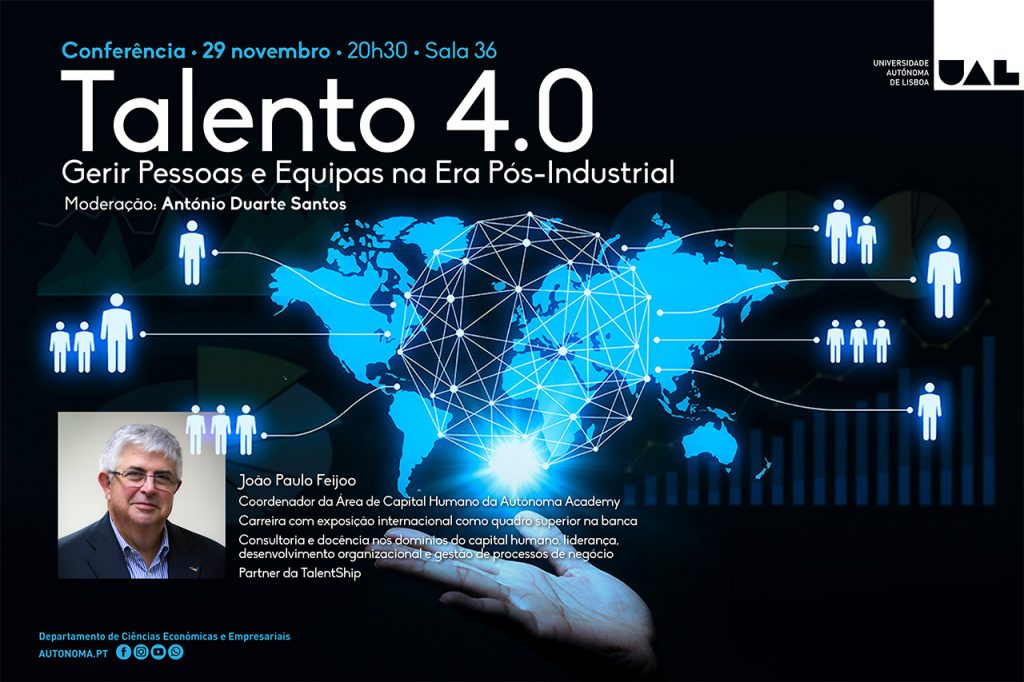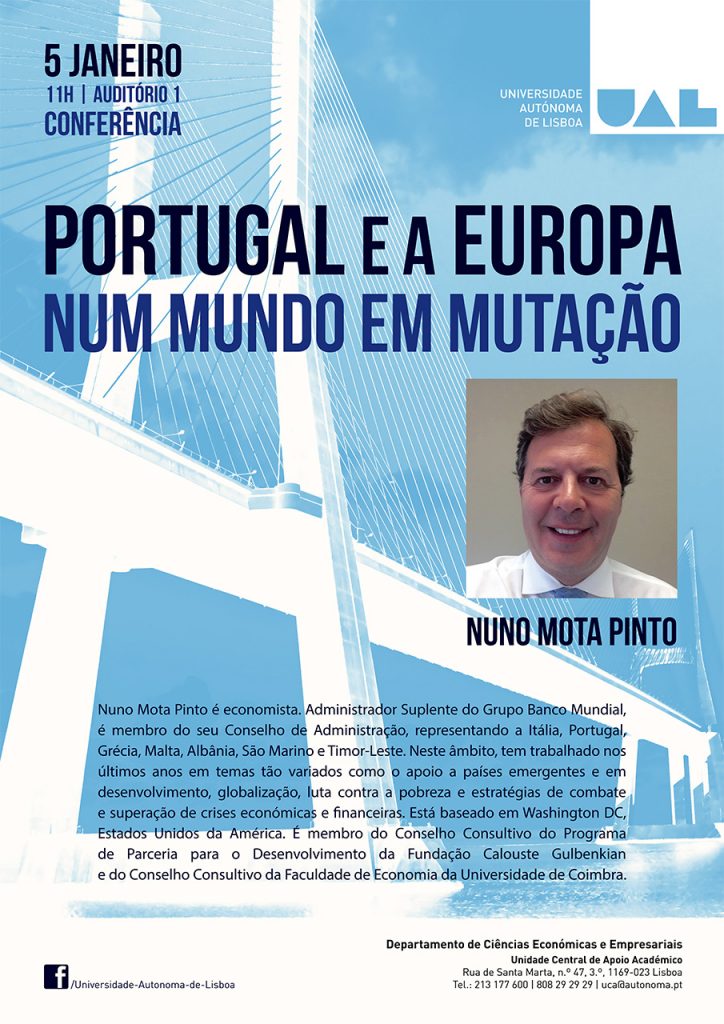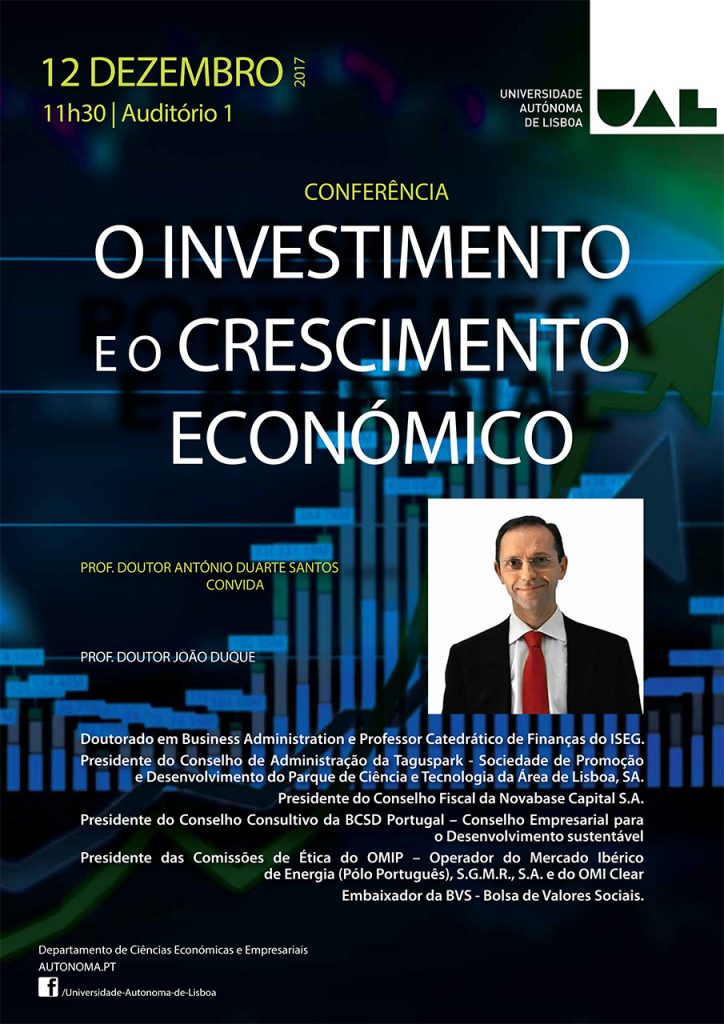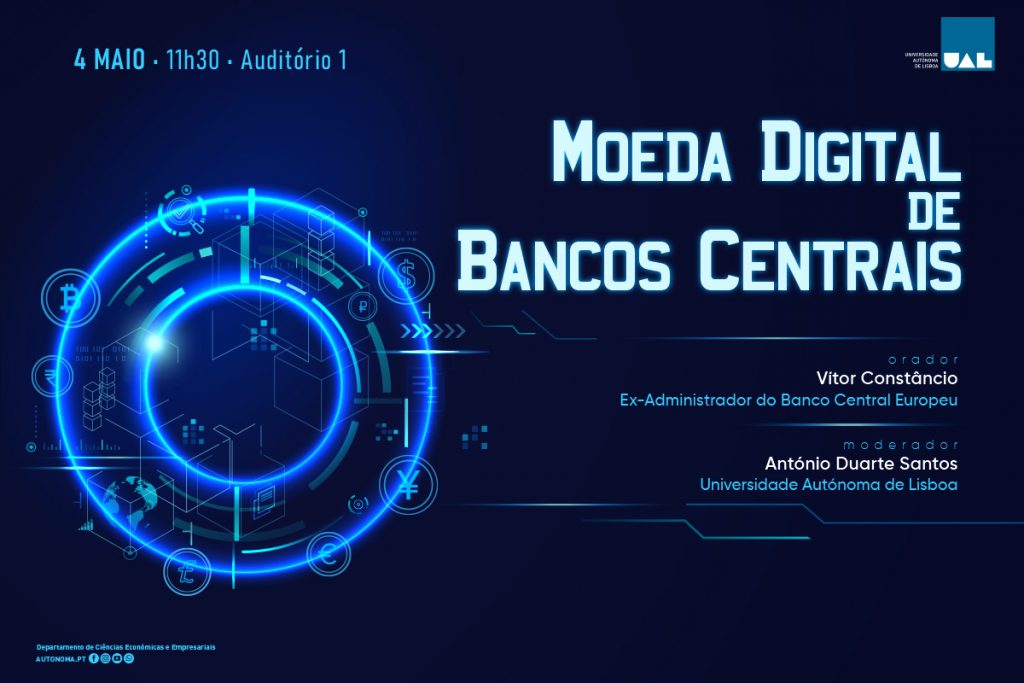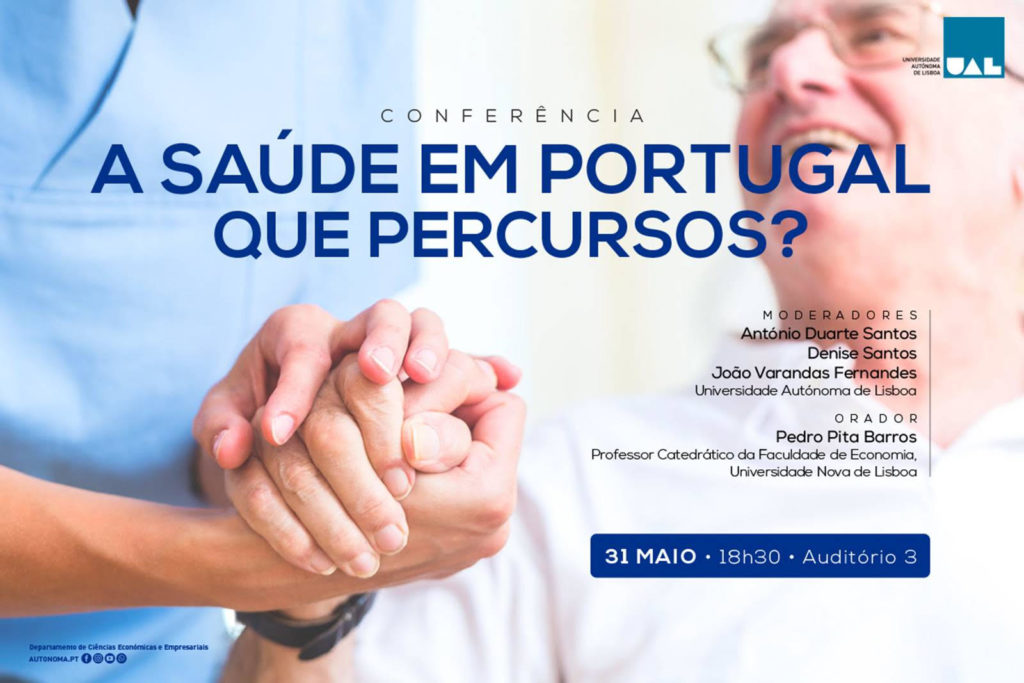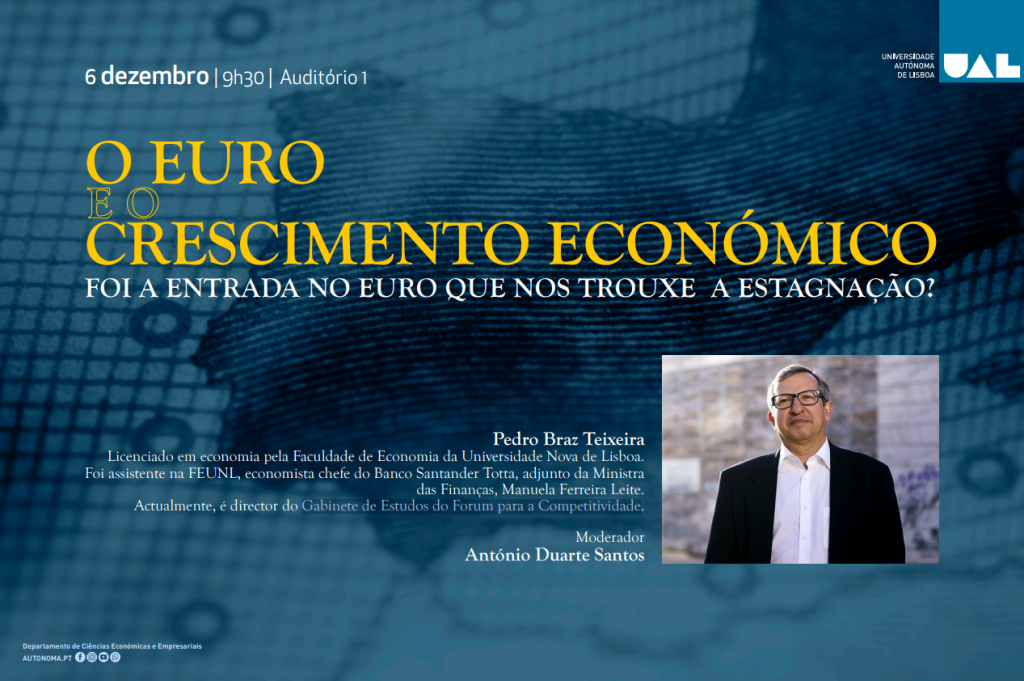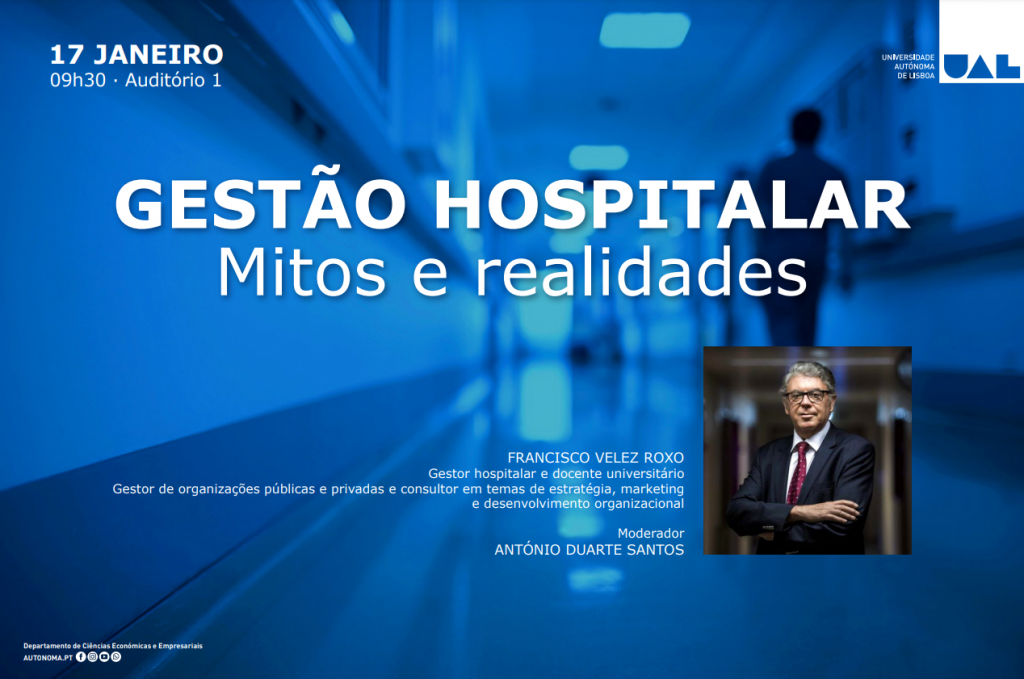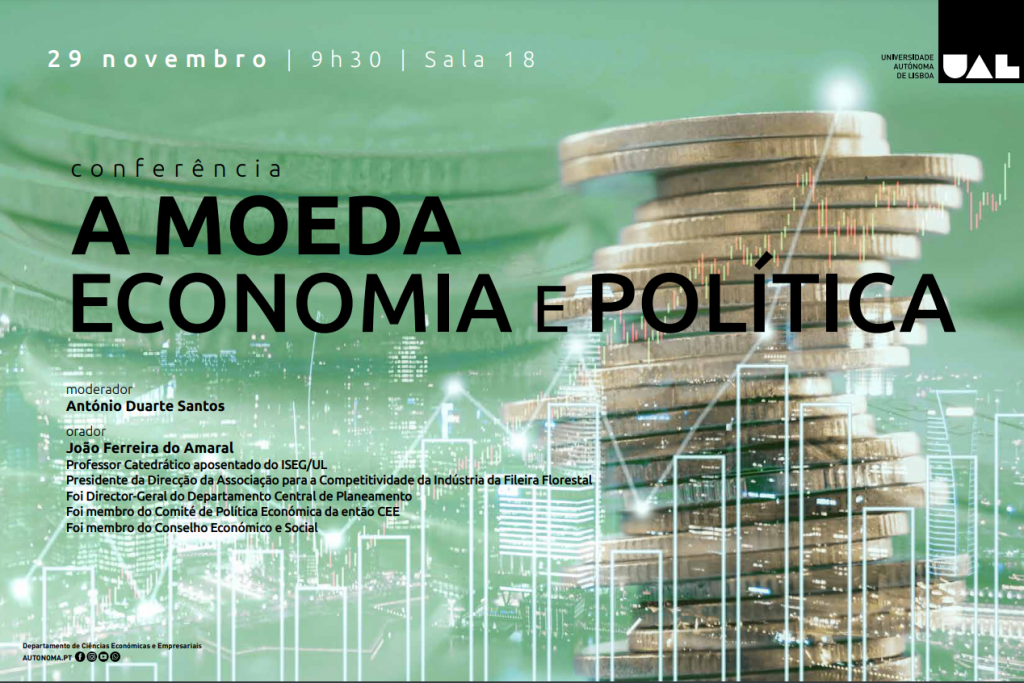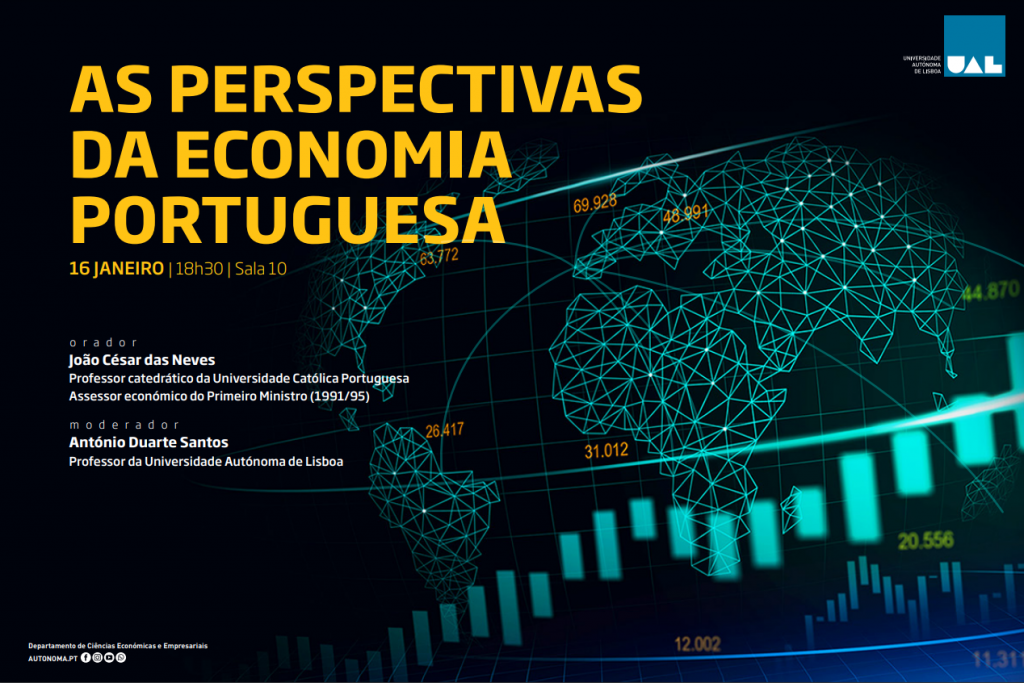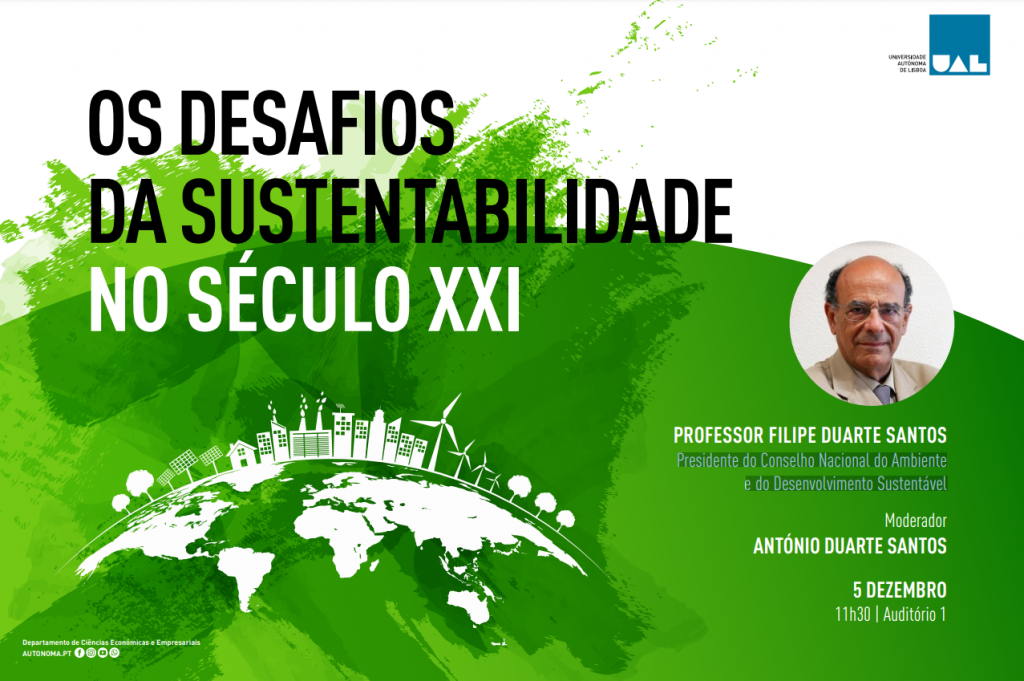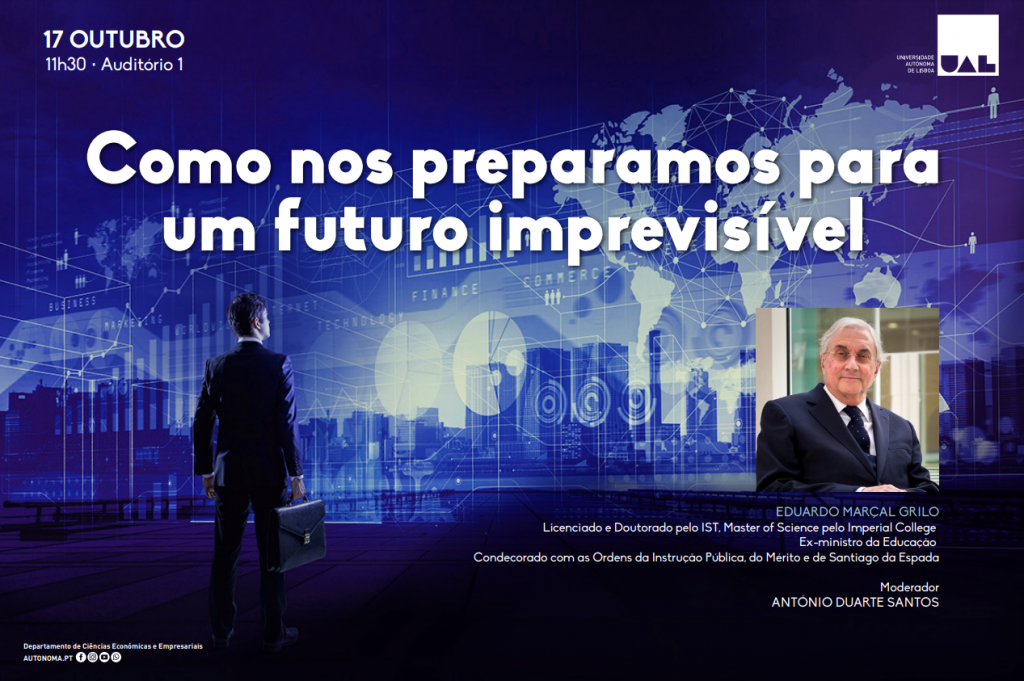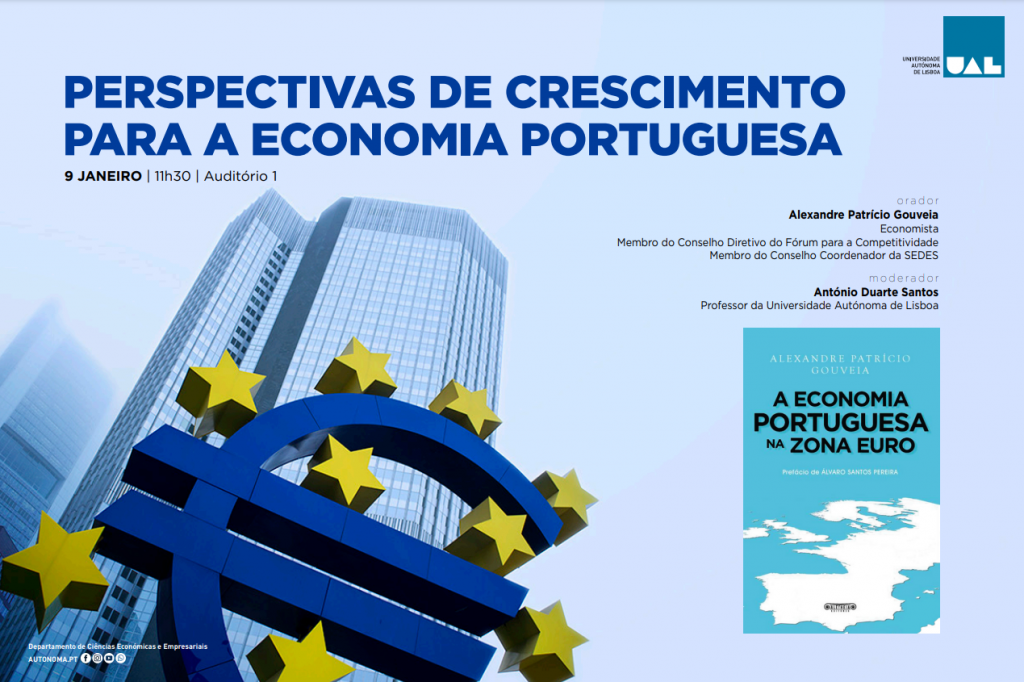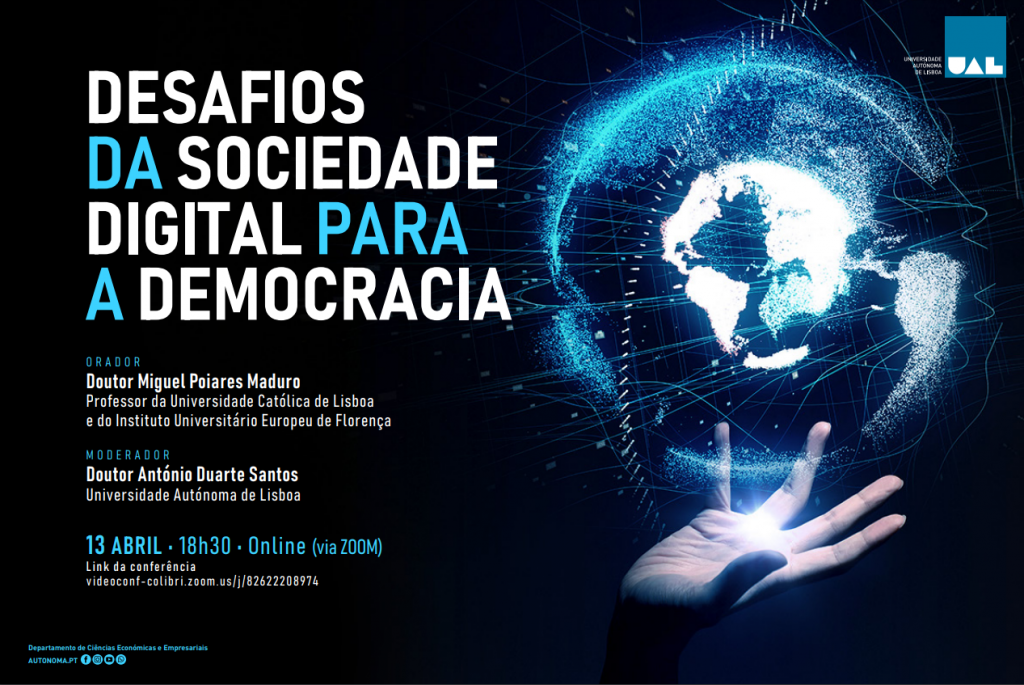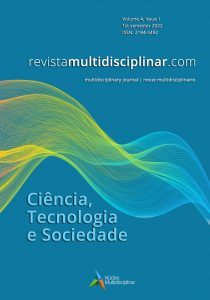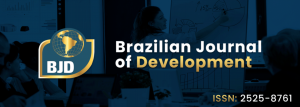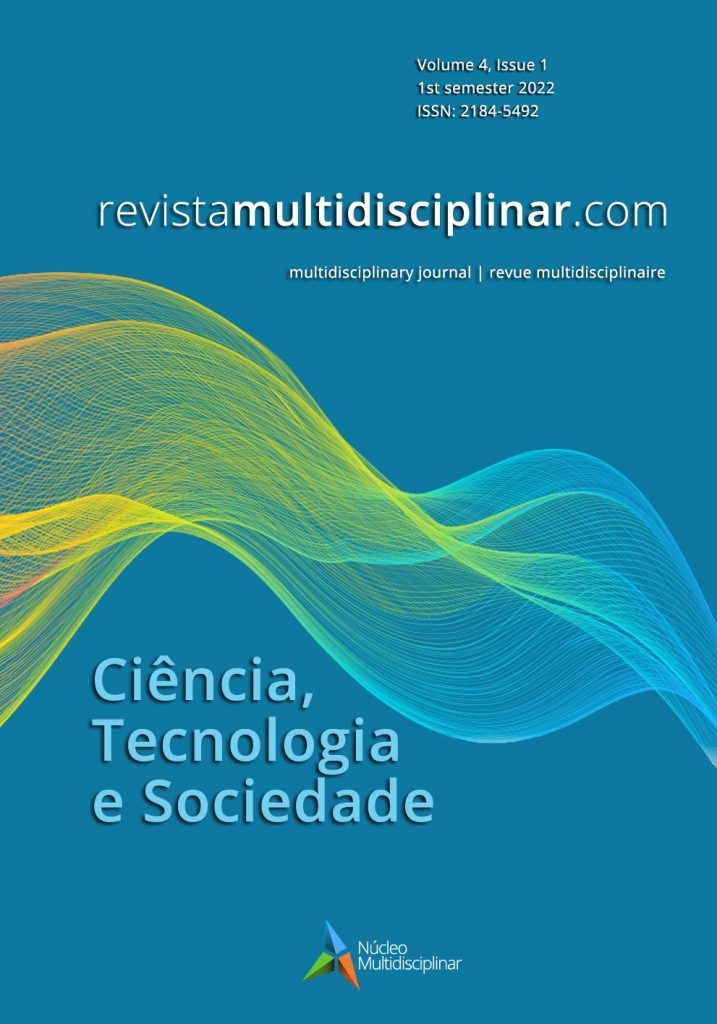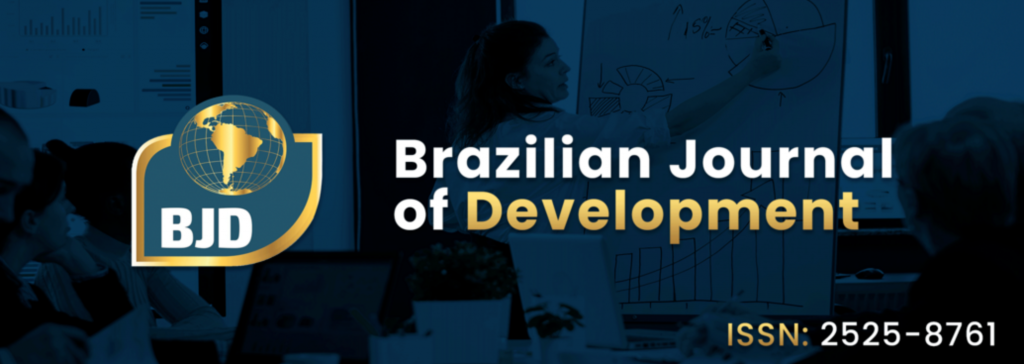Digital Currency of Central Banks
Pedro Guinote May 9, 2022Central bank digital currencies (CBDCs) combine the functionality of electronic payments with the accessibility of ...
Health in Portugal: Which Paths?
Pedro Guinote December 2, 2021“The theme of this conference addresses relevant health topics, e.g., demand for health care, access to care, and the need for health care.
The Euro and Economic Growth
Pedro Guinote December 2, 2021“Was it with Portugal’s entry into the euro that Portuguese economic growth stagnated? In the country’s preparation for ...
Hospital Management Myths and realities
Pedro Guinote December 2, 2021“Talking about hospital management is to say that hospitals are different companies from production or car ...
The Currency Economy and Politics
Pedro Guinote December 2, 2021“Contemporary economies, including the eurozone countries, are based on fiat money. This is a form of money that is ...
The Prospects of the Portuguese Economy
Pedro Guinote December 2, 2021“The Portuguese economy has faced cyclical and structural challenges of an economic and financial nature, which means...
The Challenges of Sustainability in the 21st Century
Pedro Guinote November 30, 2021“We live in an age that is increasingly interconnected in terms of economics, technology, disease, business, and ...
How we prepare for an unpredictable future
Pedro Guinote November 30, 2021“We live in a time when change is increasingly the rule rather than the norm. We are going through a period of transformat...
Growth Prospects for the Portuguese Economy
Pedro Guinote November 30, 2021“When we joined the single currency, the intention was to grow by improving the competitiveness and productivity of companies ...
Challenges of the Digital Society for Democracy
Pedro Guinote November 30, 2021“The digital society presents, like all human experience, ambivalent characteristics. On the risk side, whe ...



